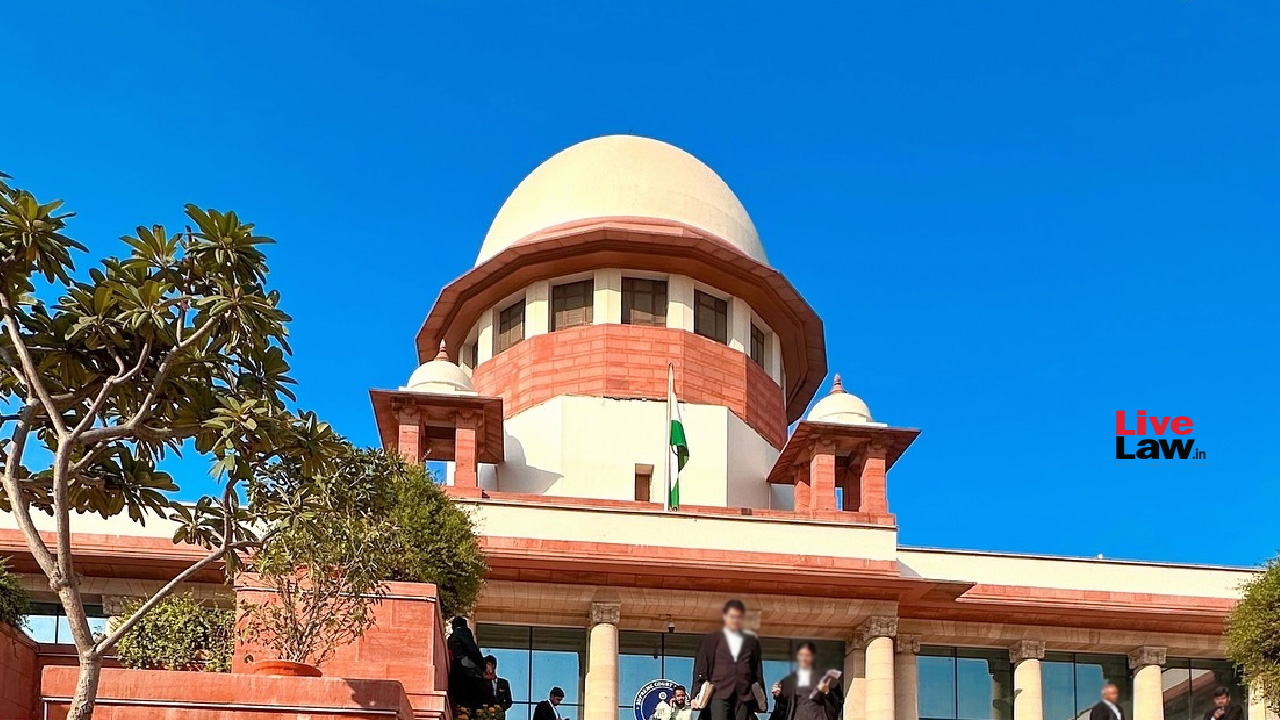 |
|
The Supreme Court of India has significantly expanded its definition of contempt of court, ruling that it encompasses not only the direct violation of explicit orders but also any action deliberately intended to obstruct judicial proceedings or circumvent a final judgment. This landmark decision, delivered in the case of Celir LLP v. Bafna Motors (Mumbai), clarifies the court's authority to maintain the integrity of its processes and ensure the effective administration of justice. The judgment underscores the principle that respect for the court extends beyond mere compliance with explicit instructions; it requires a broader commitment to upholding the spirit and intent of judicial proceedings. The court explicitly stated that actions aimed at frustrating court proceedings or avoiding judgments, even without a specific prohibitory order, constitute contempt. Such actions, the court argued, undermine the judiciary's authority and threaten the rule of law. This interpretation significantly broadens the scope of contempt powers, providing a stronger deterrent against those seeking to manipulate or obstruct the legal system.
The case involved a contempt petition filed by Celir LLP, the auction purchaser of a property, against a borrower who had transferred the property to a third party while the Supreme Court was hearing the matter. The High Court’s initial ruling allowed the borrower to redeem the mortgage, but the Supreme Court overturned this decision, ordering the bank to issue a sale certificate to Celir LLP. However, the borrower's prior transfer of the property to a third party became the central issue of the contempt proceedings. A key argument raised was that the property transfer predated the Supreme Court's judgment, therefore no contempt had been committed. This argument, however, was rejected. The Court found that the transfer, executed during the pendency of the Supreme Court proceedings, was a deliberate attempt to frustrate the judicial process and obstruct the implementation of the impending judgment. The Court emphasized that any conduct designed to evade or neutralize a court decision, hinder proceedings, or gain undue advantage constitutes contempt, irrespective of the absence of a direct prohibitory order.
The Supreme Court, while acknowledging the borrower's actions as contemptuous, opted not to hold them directly liable for contempt. Instead, the Court provided an opportunity for compliance with its previous judgment. The Court declared the subsequent transfer invalid and issued consequential orders to rectify the situation. This approach suggests a balanced approach, prioritizing the restoration of justice over strict punitive measures. The decision emphasizes the Court's intention to prevent future instances of such conduct rather than merely imposing punishment. The inclusion of Senior Advocates Mukul Rohatgi, Neeraj Kishan Kaul, Dr. AM Singhvi, Kapil Sibal, and Raju Ramachandran in the case highlights its significant legal implications and the importance of the arguments presented. The citation, 2024 LiveLaw (SC) 991, further provides a reference point for future legal scholarship and case analysis. The broader implications of this judgment are substantial, as it clarifies the judiciary's inherent power to protect its proceedings from manipulation and obstruction. This ruling sets a precedent that will likely influence future contempt cases and enhance the effectiveness of the court's ability to administer justice.
The Supreme Court's decision in Celir LLP v. Bafna Motors (Mumbai) represents a significant development in Indian jurisprudence. It underscores the court's commitment to protecting the integrity of its processes and upholding the rule of law. By expanding the definition of contempt to include acts intended to frustrate judicial proceedings, even in the absence of specific orders, the Court has strengthened its ability to deter obstructive behavior and ensure the effective administration of justice. This decision serves as a clear warning to those who might attempt to circumvent or undermine the judicial process. The Court's decision to offer compliance instead of immediate punishment demonstrates a measured approach, prioritizing the ultimate goal of justice over punitive measures. This balance, between upholding the authority of the court and providing opportunities for rectification, contributes to a more nuanced understanding of contempt of court within the Indian legal system. The case sets a significant precedent, shaping the interpretation and application of contempt powers in future litigation and reinforcing the judiciary’s determination to maintain the integrity of the legal process.
